江西省宜春市宜丰中学创新部2024届高三上学期10月月考英语
12023-2024(上)创新部高三第一次月考英语试卷第一部分听力(共两节,满分30分)第一节(步5小题:每小题1.5分,满分7.5分)1.Whatisthewomangoingtodofirst?A.Getherbagback.B.Drivetothelibrary.C.Searchforthecarkey2.Whatistherelationshipbetweenthespeakers?A.Parentandchild.B.Brotherandsister.C.Husbandandwife.3.Whatwillthemandonext?A.Payduty.B.Handinacamera.C...
相关推荐
-
私募股权融资商业计划书模板VIP免费
 2025-03-07 2
2025-03-07 2 -
华为成功背后的经营与管理理念VIP免费

 2025-03-07 4
2025-03-07 4 -
华为内训绝密资料:绩效管理与绩效考核VIP免费
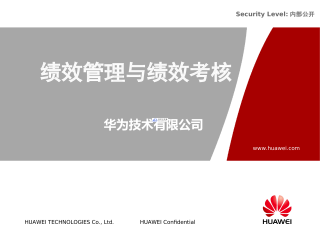
 2025-03-07 4
2025-03-07 4 -
华为战略薪酬管理及案例分析VIP免费
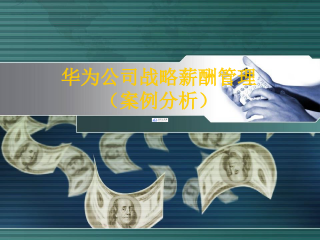
 2025-03-07 3
2025-03-07 3 -
走出华为VIP免费
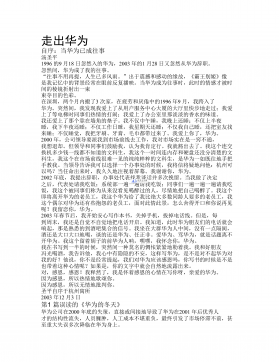
 2025-03-07 4
2025-03-07 4 -
员工持股案例——华为VIP免费
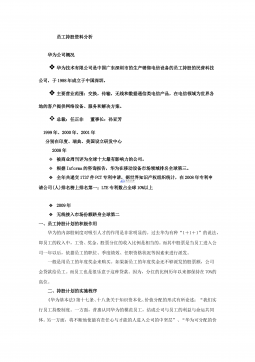
 2025-03-07 4
2025-03-07 4 -
新三板股权激励案例分析VIP免费
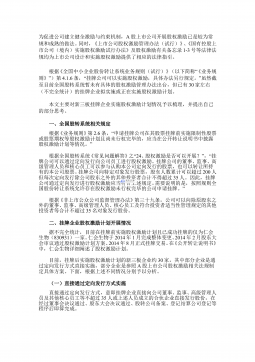
 2025-03-07 3
2025-03-07 3 -
项目融资方案VIP免费
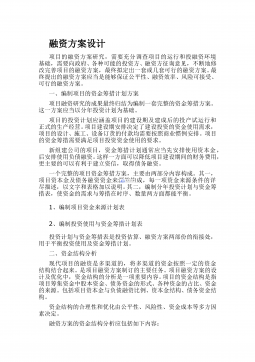
 2025-03-07 1
2025-03-07 1 -
私募股权融资协议八个核心条款VIP免费
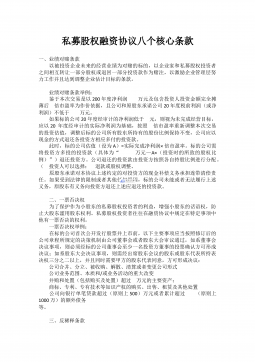
 2025-03-07 3
2025-03-07 3 -
上市公司的股权分置改革与完善VIP免费
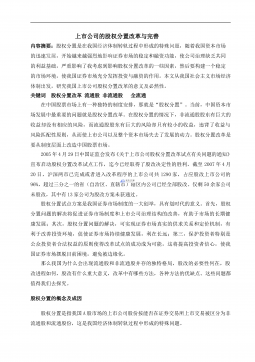
 2025-03-07 2
2025-03-07 2
相关内容
-
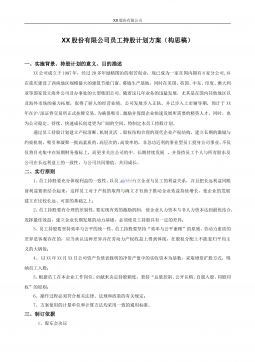
XX股份有限公司员工持股计划方案(构思稿)
分类:人力资源/企业管理
时间:2025-03-07
标签:无
格式:DOC
价格:5.9 玖币
-
xx公司股权融资计划书
分类:人力资源/企业管理
时间:2025-03-07
标签:无
格式:DOC
价格:5.9 玖币
-
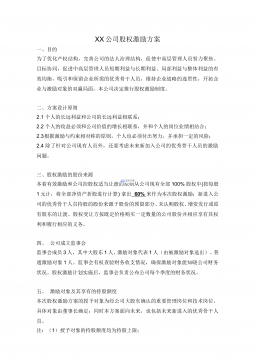
xx公司股权激励方案
分类:人力资源/企业管理
时间:2025-03-07
标签:无
格式:DOC
价格:5.9 玖币
-
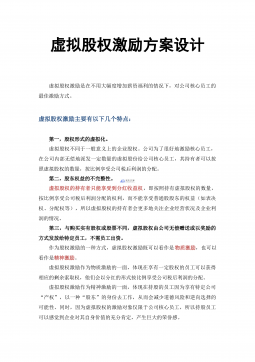
【管理】虚拟股权激励方案设计(附协议范本)
分类:人力资源/企业管理
时间:2025-03-07
标签:无
格式:DOCX
价格:5.9 玖币
-
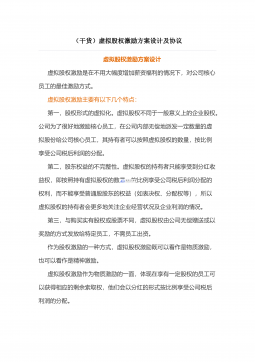
(干货)虚拟股权激励方案设计及协议
分类:人力资源/企业管理
时间:2025-03-07
标签:无
格式:DOCX
价格:5.9 玖币


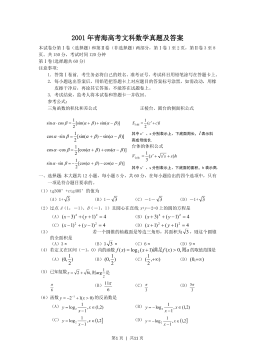
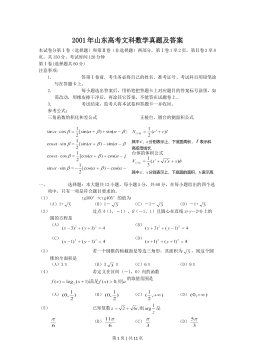
 渝公网安备50010702506394
渝公网安备50010702506394
